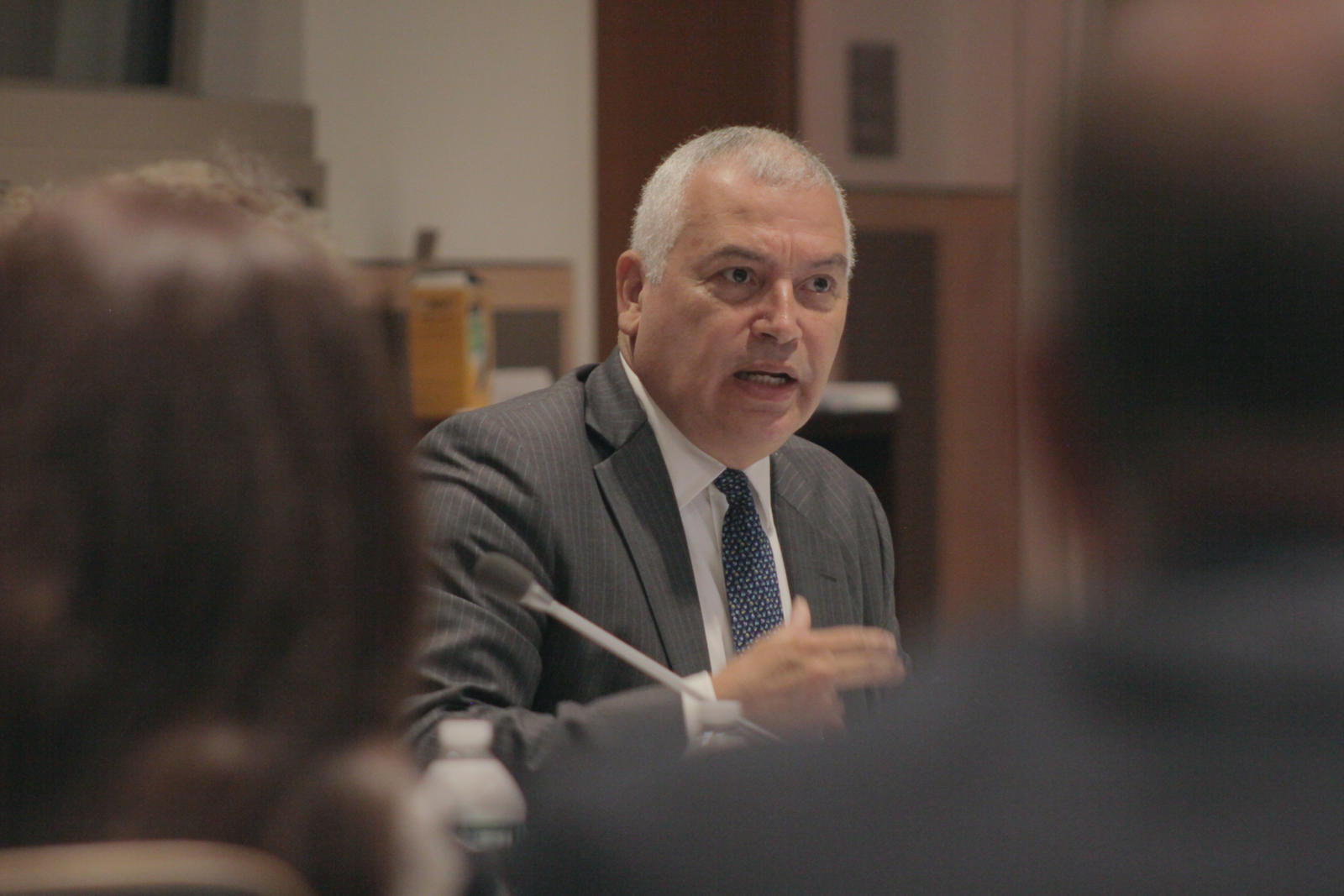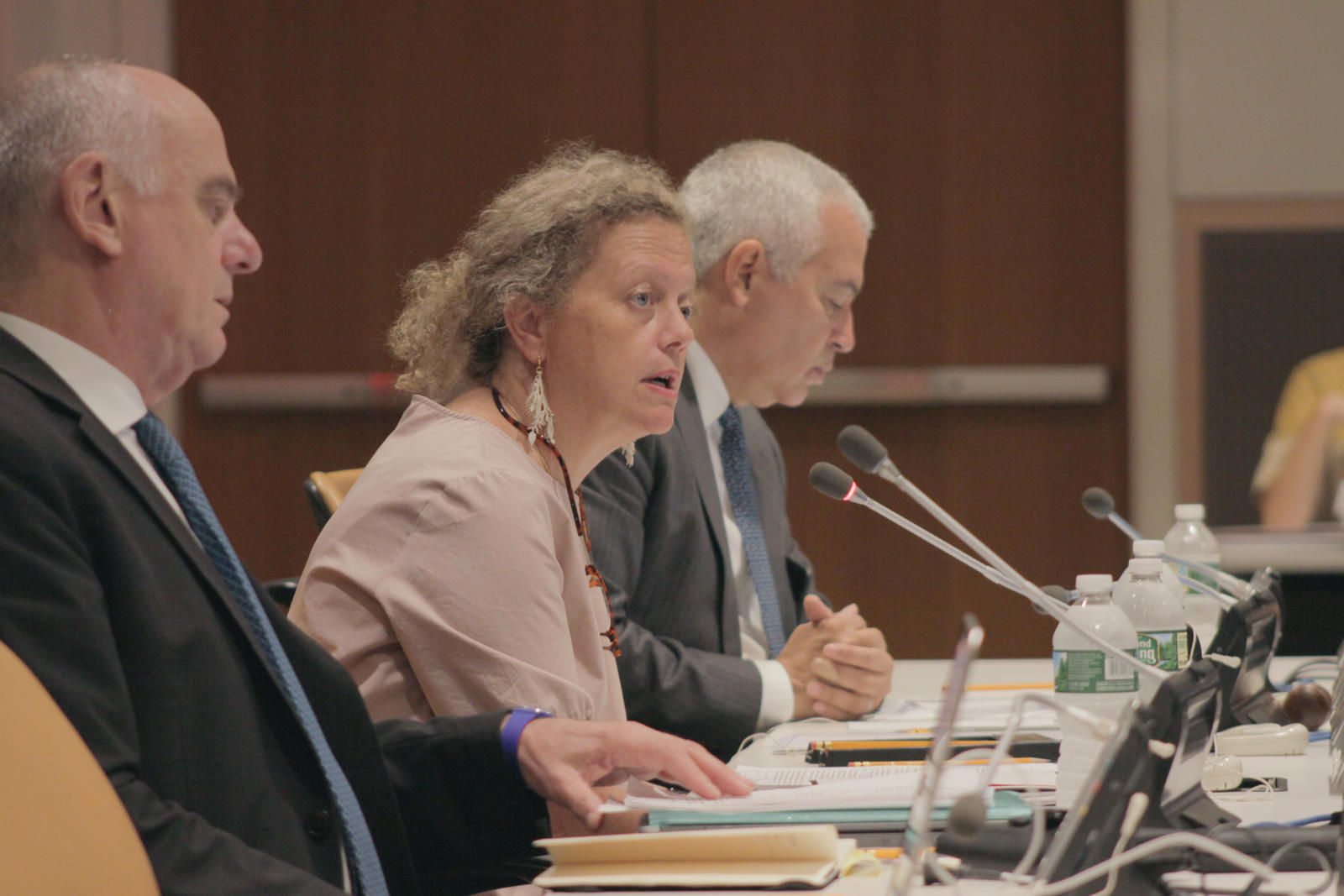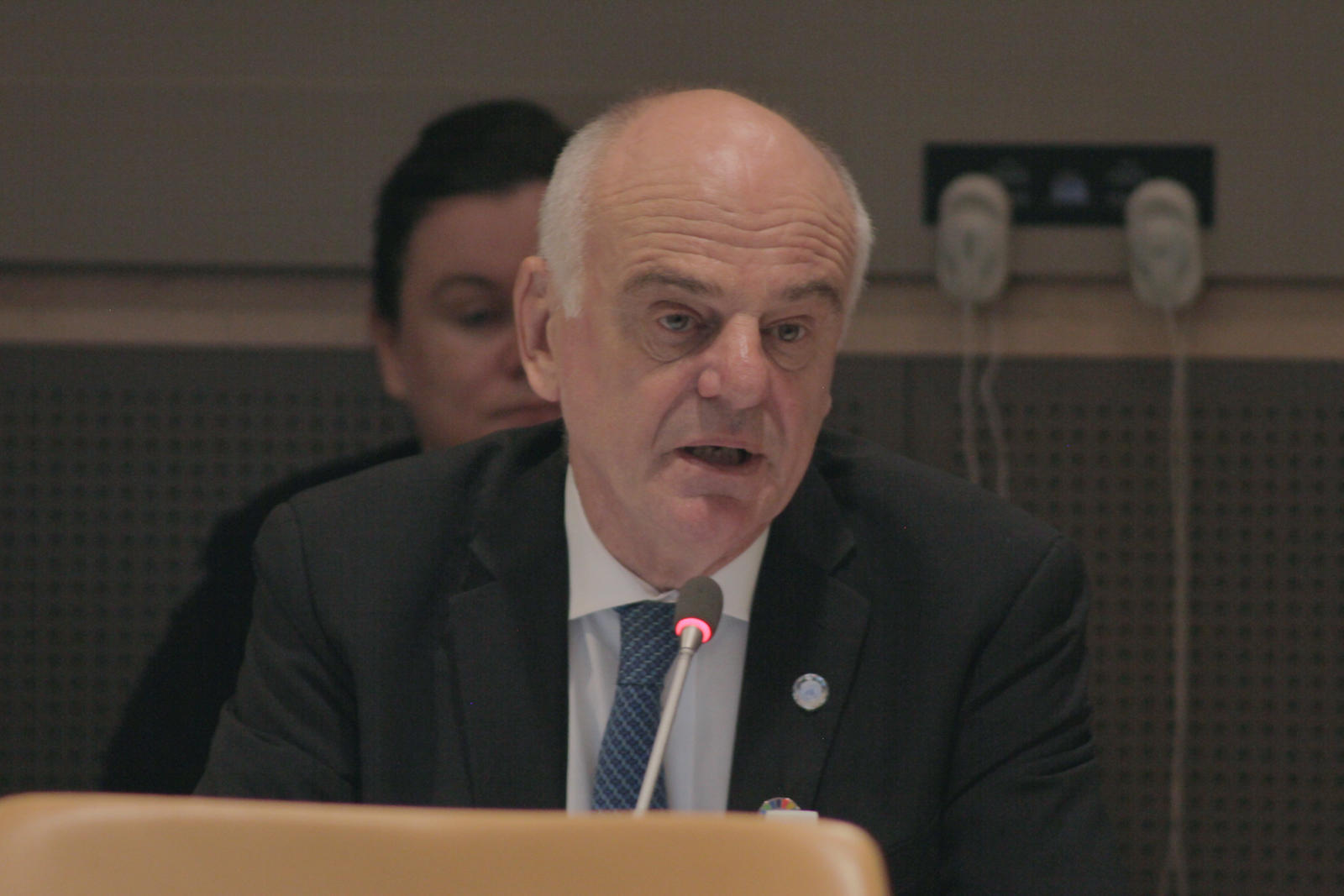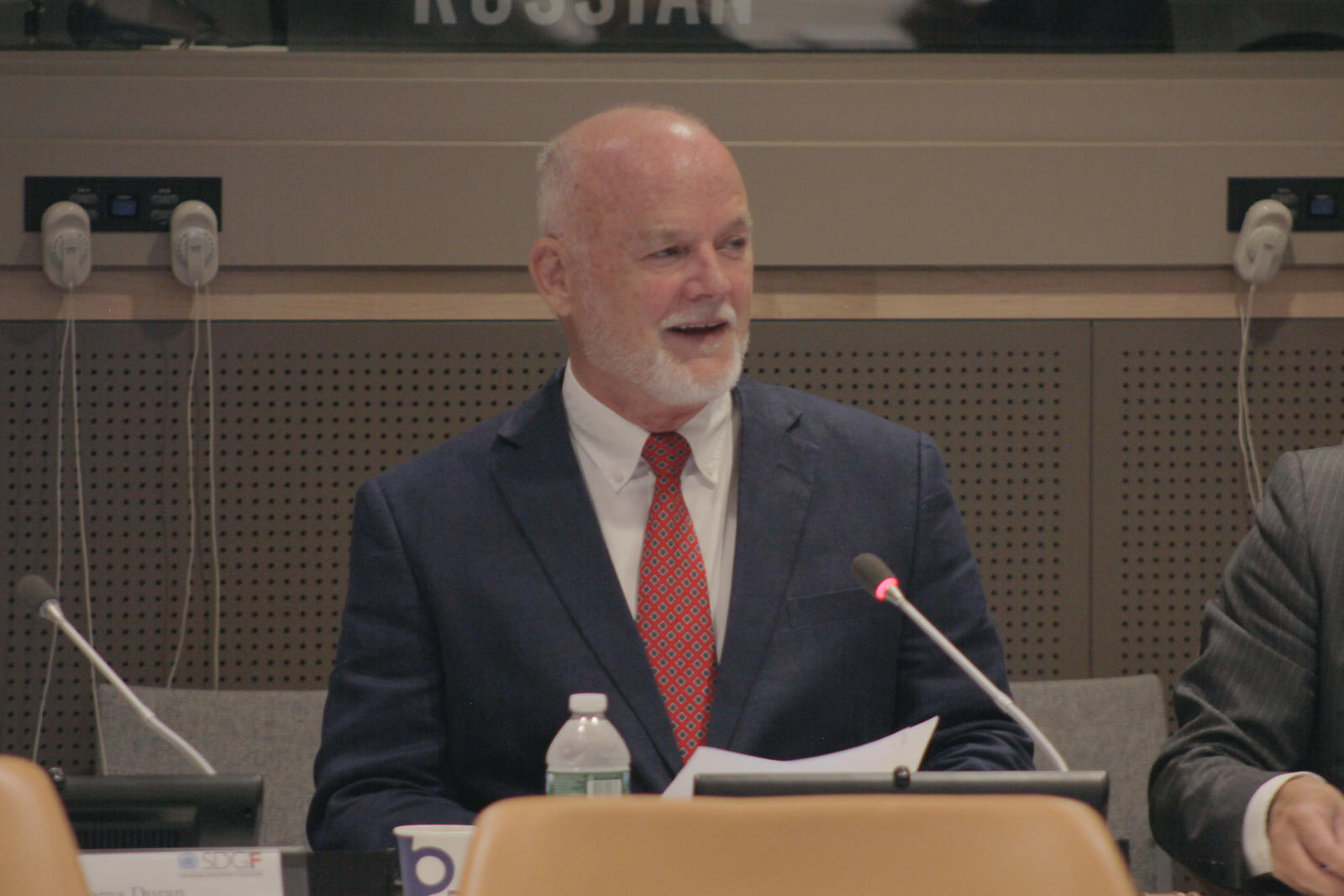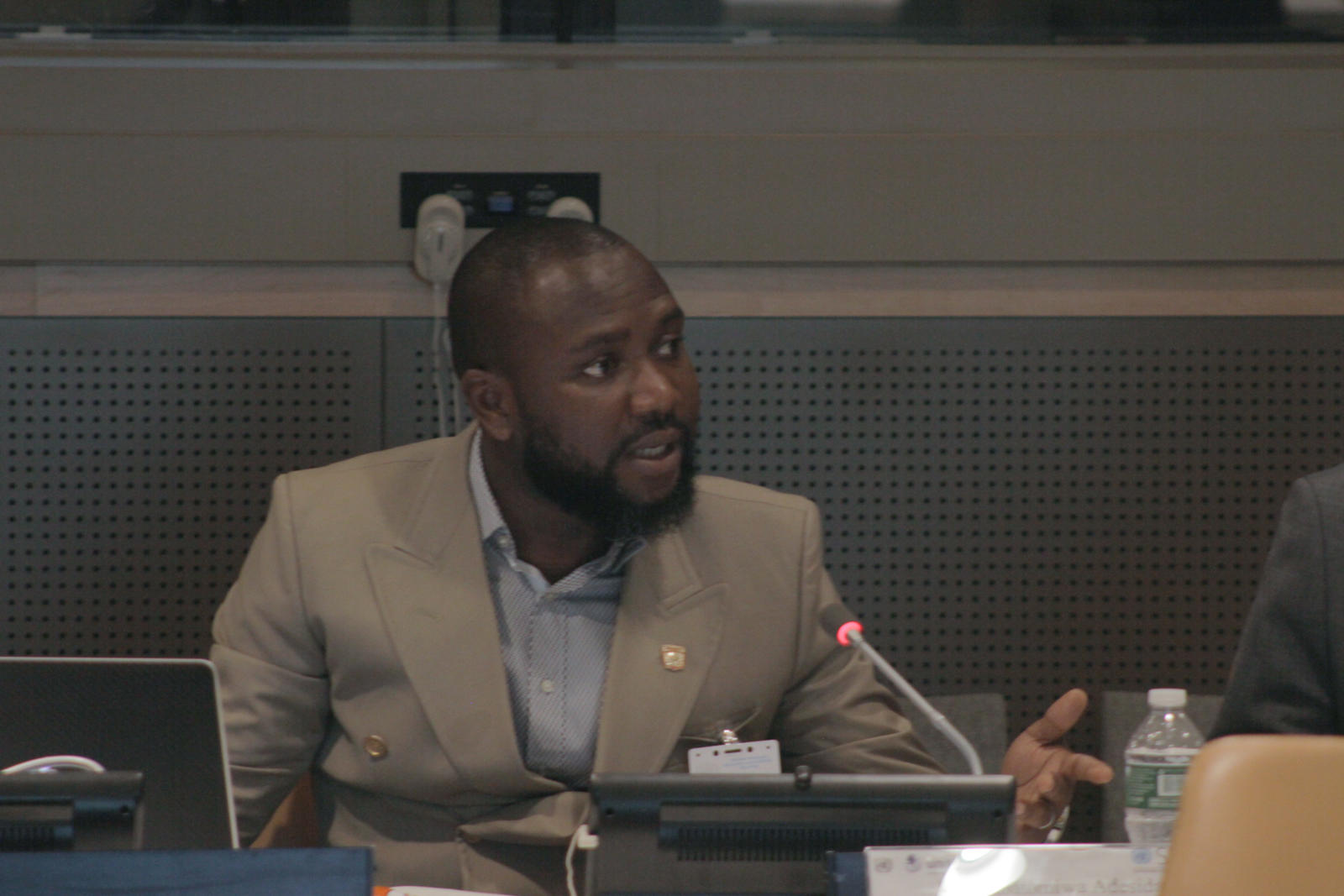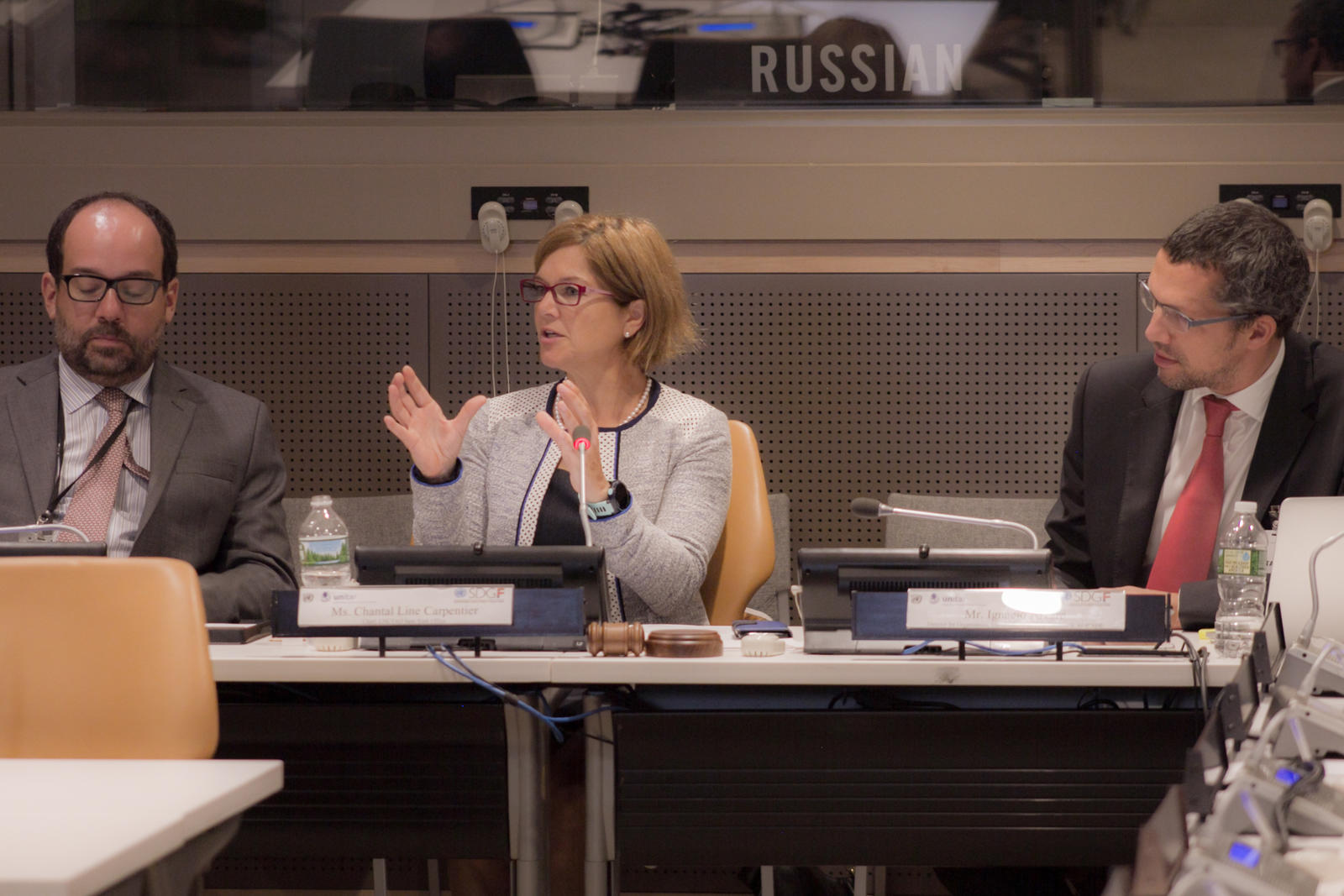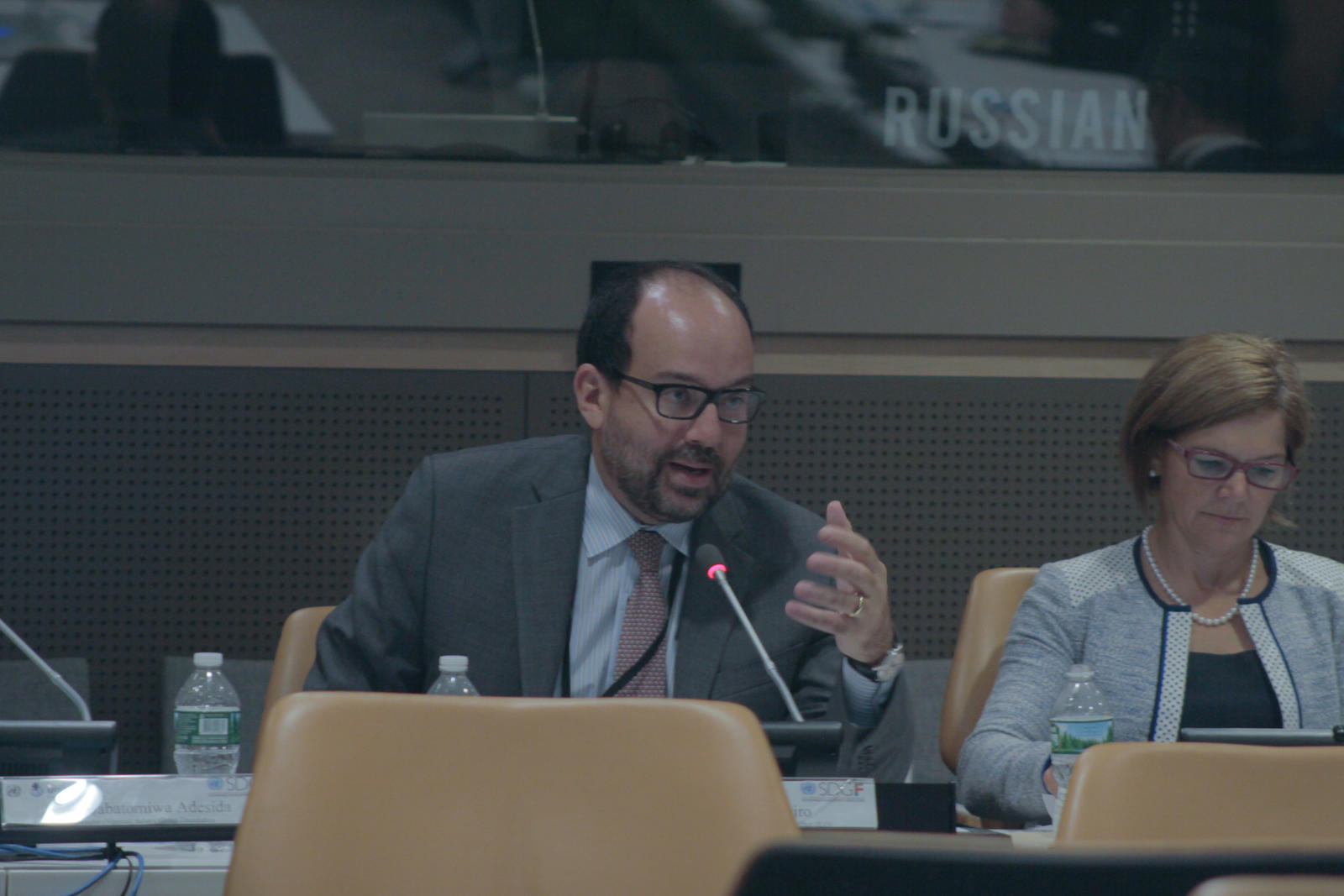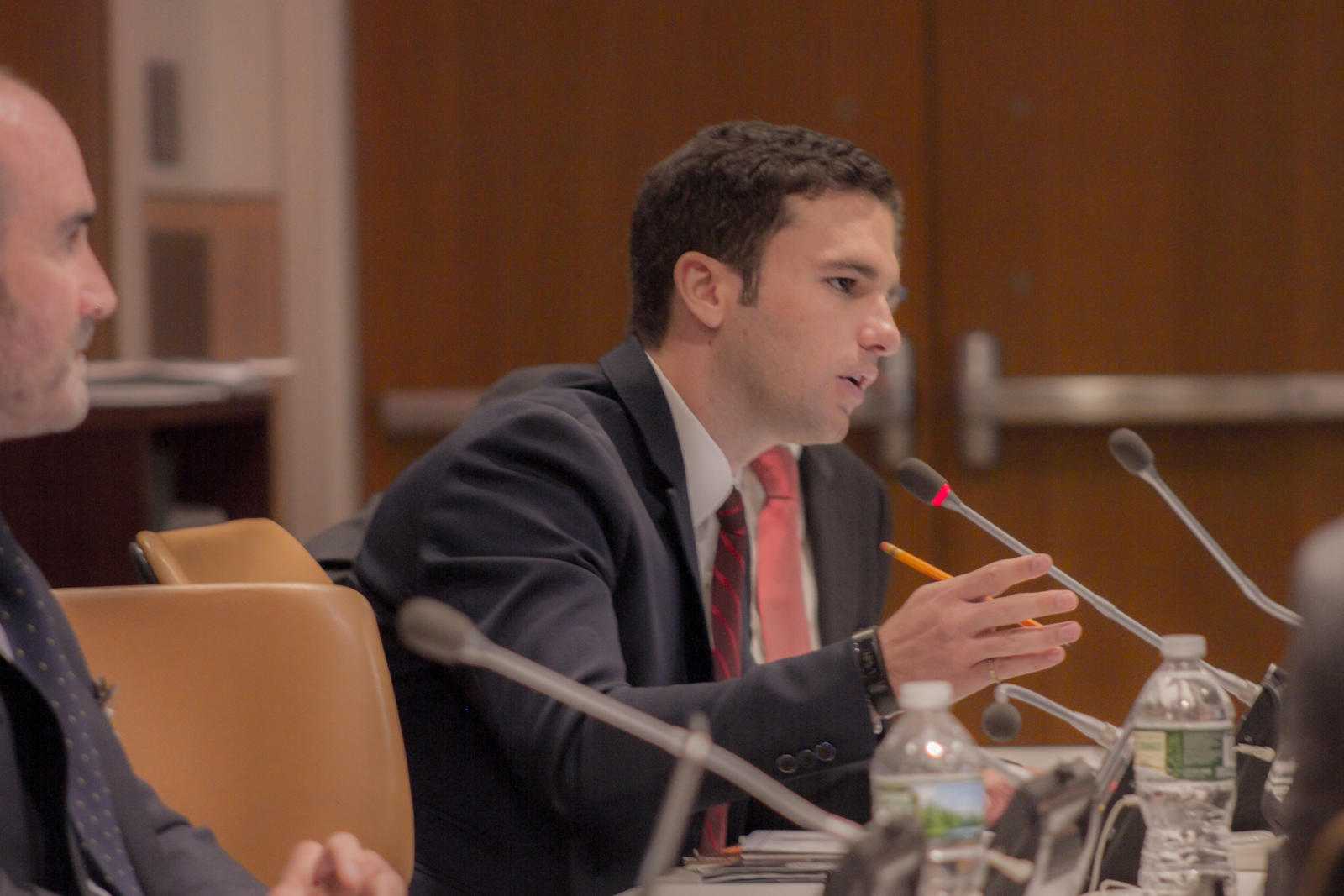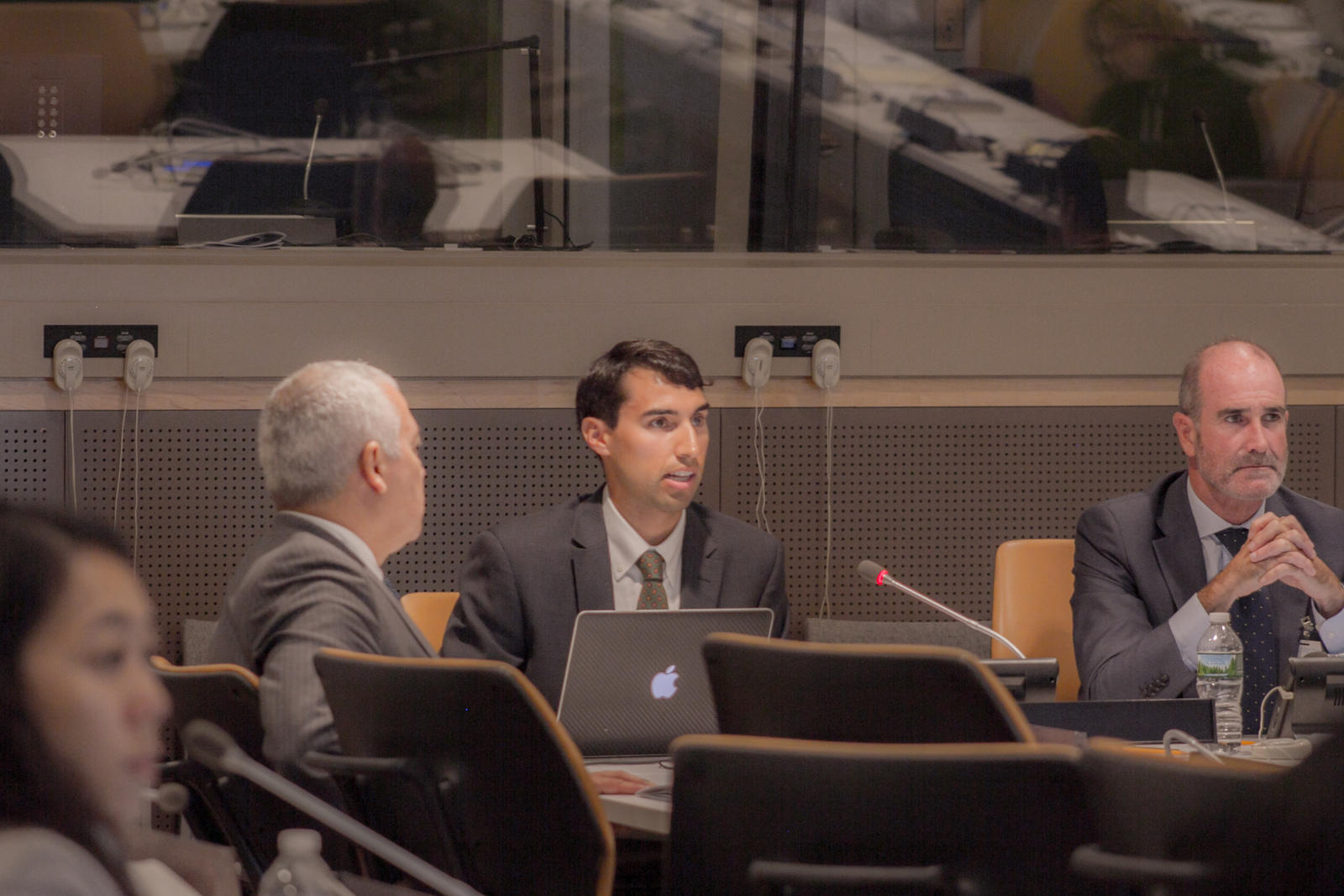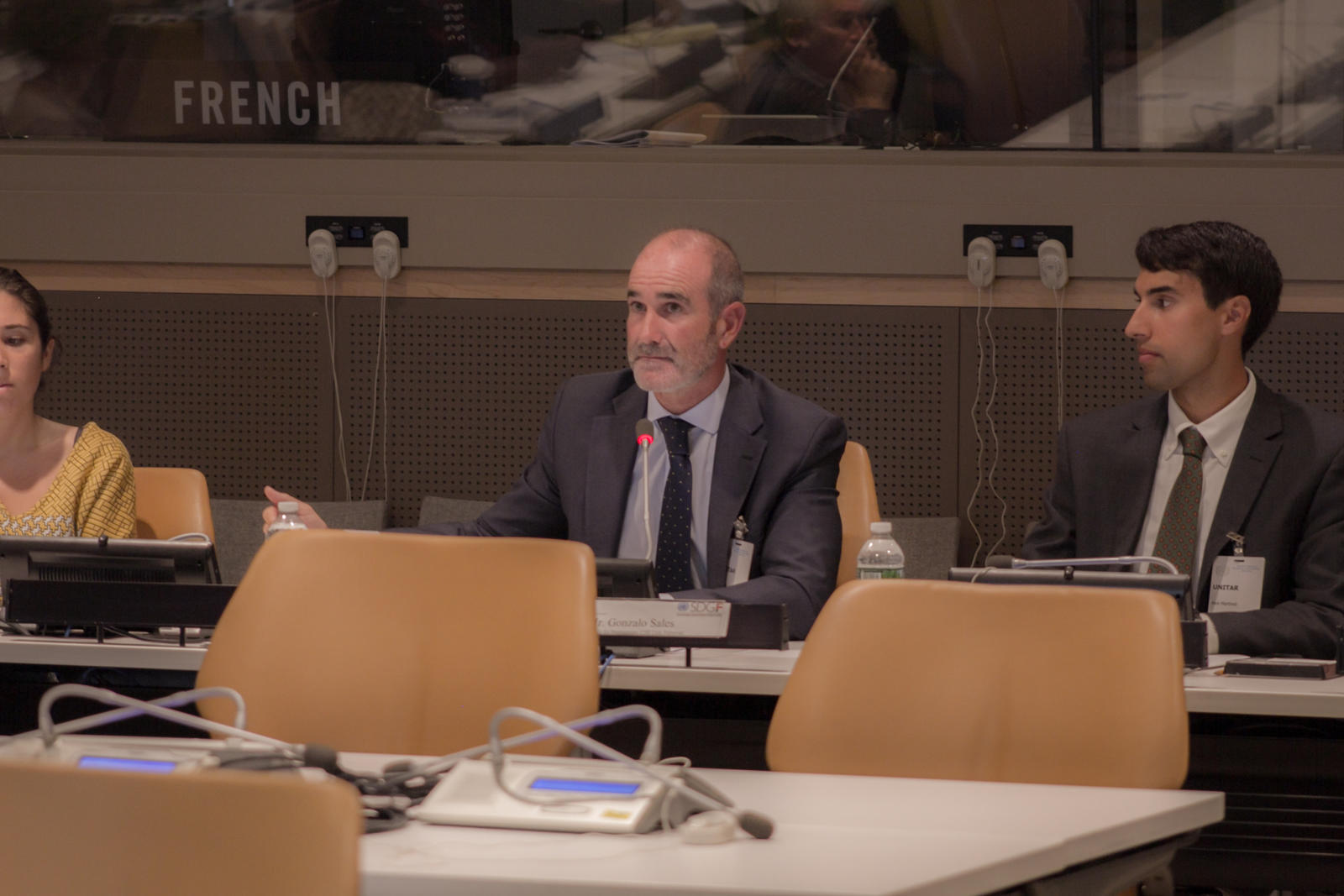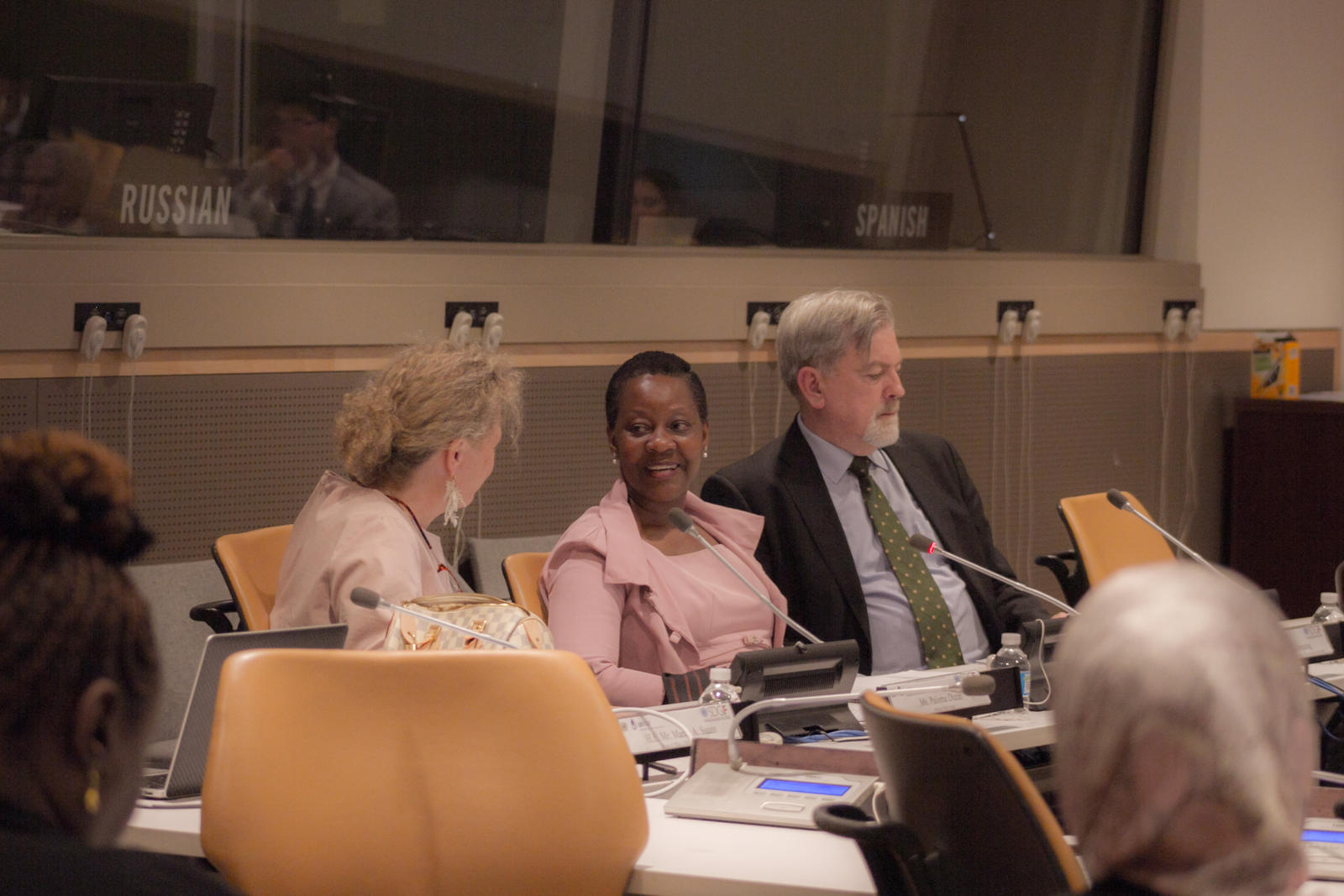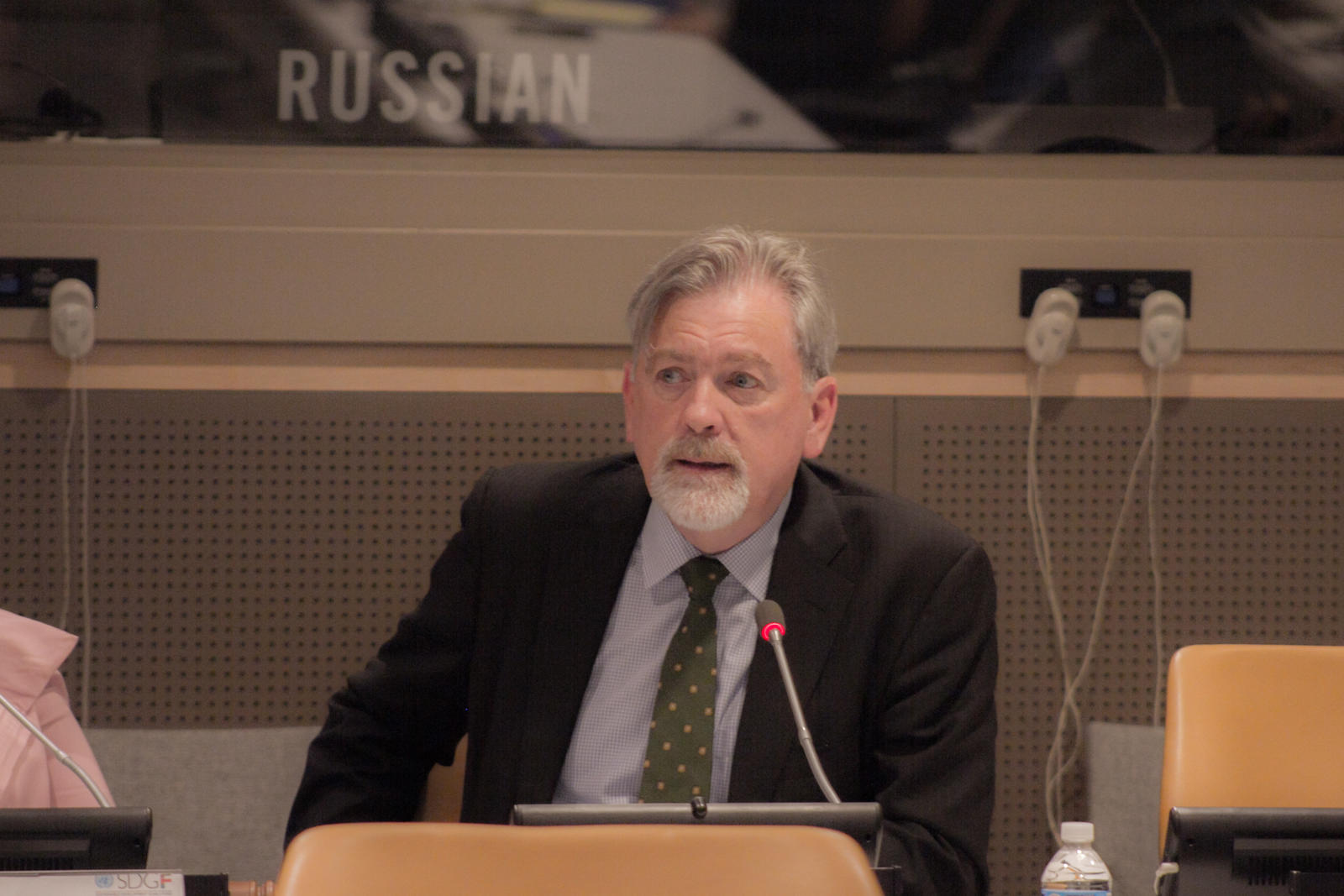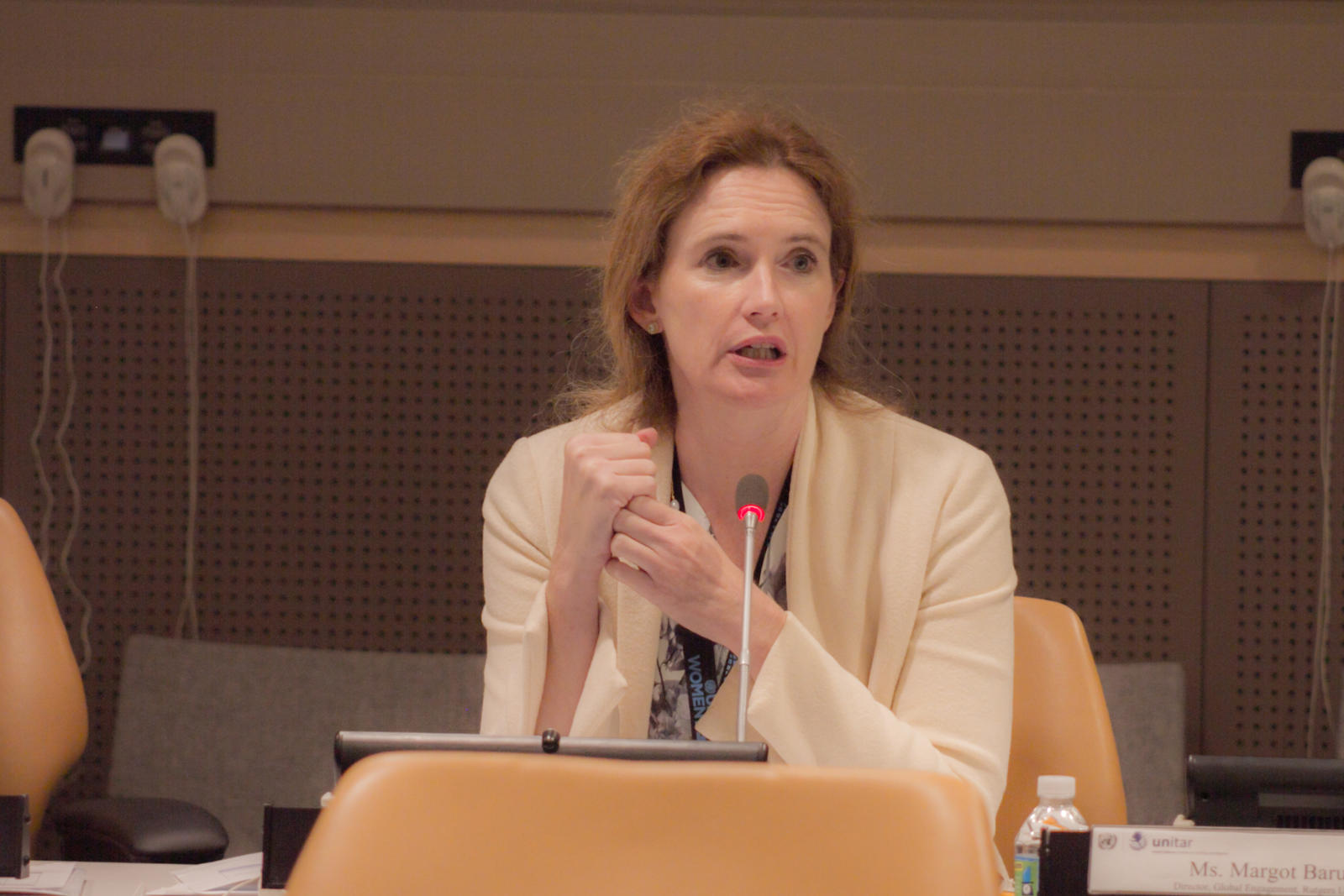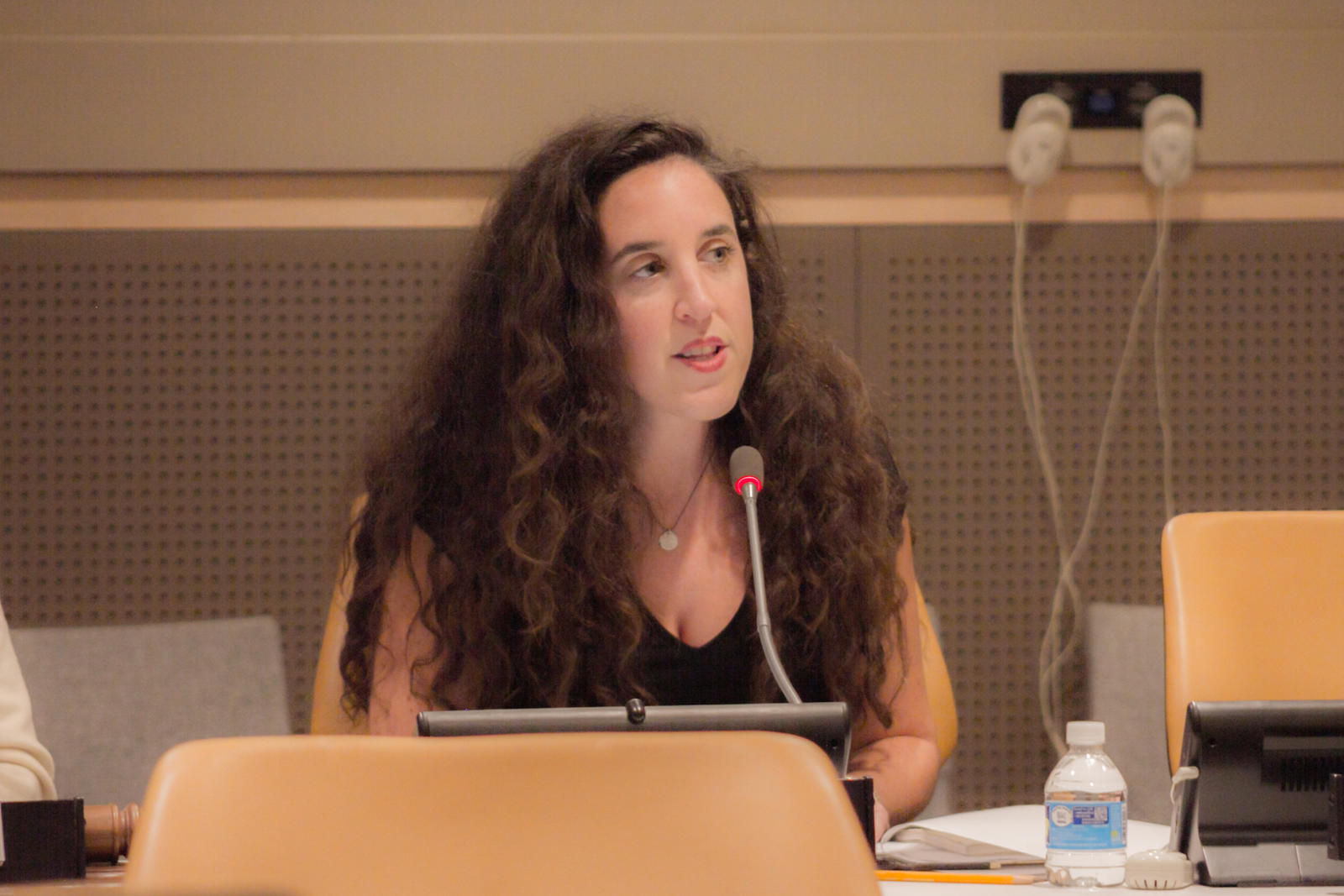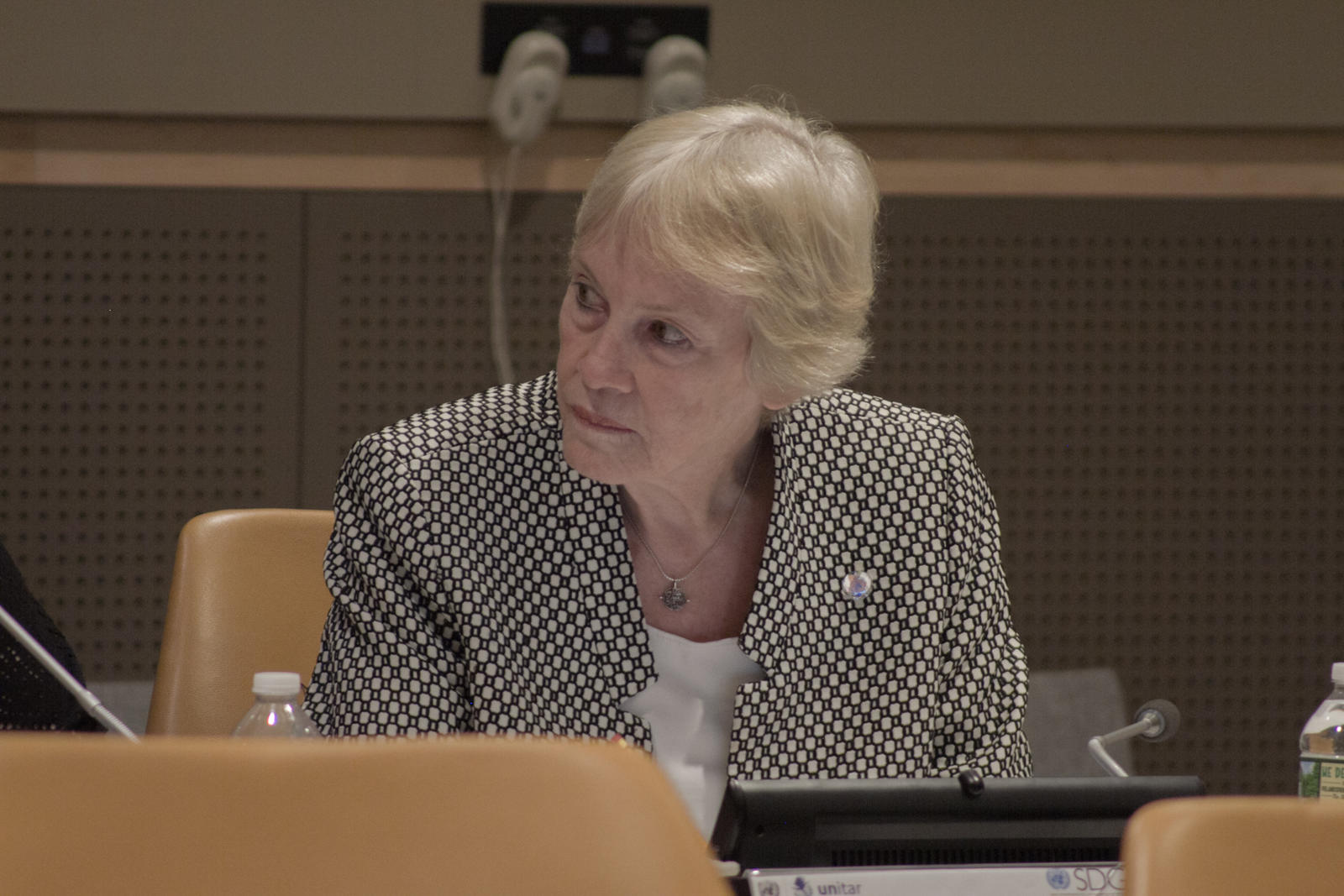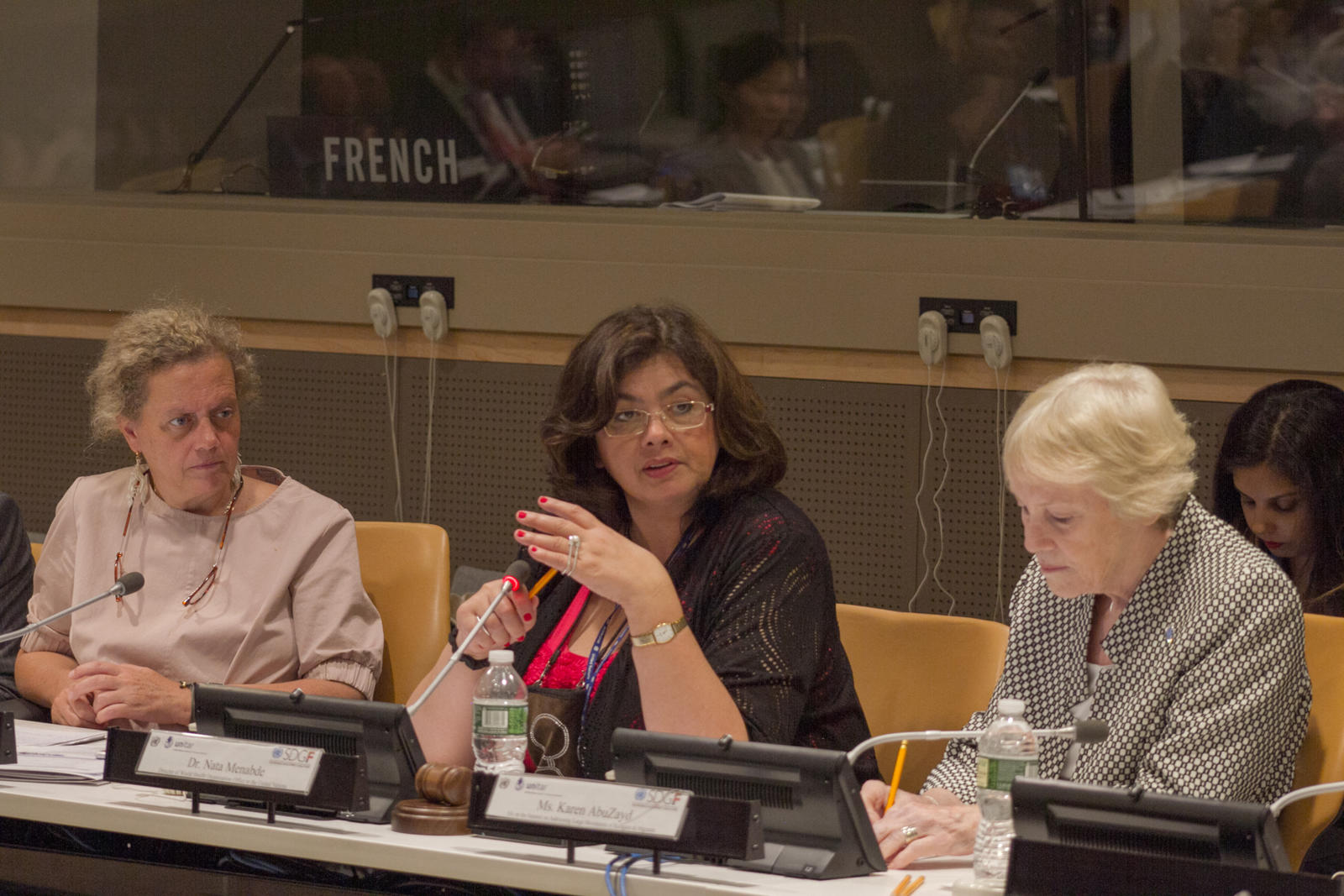September 13, 2016
Business and the UN, New Partnership Models for the Agenda 2030
As UN Member States turn their attention towards the implementation of the 2030 Agenda, the role of public-private partnerships will be crucial in translating commitments into practical actions for transformational change and impact. Tapping into the business sector’s wealth of experience, the United Nations Institute for Training and Research (UNITAR) and the Sustainable development Goals Fund (SDGF) joined forces to host a full day international conference on “Attaining the SDGs by 2030. Business and the UN, New Partnership Models”, held at the UN Nations Headquarters in New York on 8 September 2016.
Before a full audience composed by government and UN officials, private sector actors and industry leaders, international financial institutions, academia and others representatives, the conference panelists addressed themes as “How Engagement with Business is serving the attainment of the SDGs”, along five focused sessions on poverty, water and sanitation, food security and nutrition, gender equality and migration. Moderated by Paloma Durán, Director of the SDG-F, and Marco A. Suazo, Head of Office of UNITAR, panelists highlighted concrete examples and models of cooperation in UN private sector engagement and considerations for ensuring accountability and monitoring progress.
Companies boost economy and progress; therefore we will not achieve the 2030 Agenda without their participation
In his opening remarks, David Nabarro, the UN Special Advisor on the 2030 Agenda for Sustainable Development, reminded the audience that a successful Agenda required partnerships between governments, the private sector and civil society. “Companies boost economy and progress; therefore we will not achieve the 2030 Agenda without their participation.” In this sense, he defined the “remarkable” commitment demonstrated this year by the private sector to increasingly incorporate the Sustainable Development Goals as a framework for their investments. At the same time, Mr. Nabarro highlighted the efforts made from the UN side, in particular, UNITAR, SDG Fund and Global Compact to transform the SDG into meaningful business actions.
Mr. Peter Thomson, UN Permanent Representative of Fiji, suggested that the value that companies bring to the collective efforts for sustainable development given “they are more flexible and action driven.” He stressed the swift implementation of the principles of sustainable development in the business world. For example, “concepts like Green Finance, that short time ago was almost a rarity, have become mainstream today among finance institutions”. Mr. Thomason also reminded us of the sense of urgency in the implementation of the 2030 Agenda as “the stakes are high, the humanity will not continue if we do not achieve the 2030 Agenda. But the good news is that we have the Agenda”.
Session 1: Poverty and Economic Growth
In the session on poverty and economic development, successful public-private partnerships currently being implemented were highlighted by Babatomiwa Adesina, Manager of Sahara Group Foundation. He outlined the new ‘Food Africa’ project in partnership with SDG-F, UN Goodwill Ambassadors chefs Roca brothers and local counterparts in Nigeria that aims to revitalize the agricultural sector and support youth employment in West Africa. Mr. Adesina explained that the initiative focuses on strengthening national ownership and working with local farmers reminding the audience, that "If we do not invest in national ownership, any development project we do will be a waste".
Panelists Chantal Line Carpentier, Chief of the NY Office of UNCTAD, and Vinicius Pinheiro, Director of the NY Office of ILO showcased examples of successful partnerships including the UNCTAD’s work in the Stock Exchange and E-Trade fields. They also focused on the need for accountability and measurable results as two key aspects of public-private alliances. Mr. Pinheiro also reminded the audience of the challenges the UN faces when partnering with companies and the UN rules that companies not always willing to meet.
Session 2: Water and Sanitation
Juan Chebly, Lead Adviser at UNEP, and Alex Martinez, Program Associate at The Rockefeller Foundation, focused on the great challenge of water scarcity in the 21st century and the need to advance the efficiency of resources management. Both agreed that private management of water resources is one of the ways of working and despite controversies such as big corporation trying to monopolize water resources-- we should keep in mind most of these companies are actually small cooperatives and small farmers.
Gonzalo Sales, manager at the Department of Corporate Social Responsibility at Ferrovial, offered an entrepreneurial vision of the public-private partnerships participating on water-related issues. He highlighted the importance of local ownership, working together with communities and local counterparts at the table to supervise, monitor and review Ferrovial’s projects from beginning to end.
Session 3: Food Security and Nutrition
Carla Mucavi, Director of the NY Office of FAO, highlighted a comprehensive list of projects under implementation worldwide in partnership with the private sector. Among them, Food asistance in Vietnam, Cash transfers to families in Kenya, and work underway to promote mobile technology to farmers in Latin America. Mucavi also stressed a key messages of the 2030 Agenda: "No one can work in isolation, but we must work together".
Professor Glenn Denning, from the School of International and Public Affairs highlighted the fact tht all Sustainable Development Goals are interconnected. With this actions linked to Food Security also have an impact on other areas of poverty, including water and sanitation, education, health, and climate change. He offered his vision of how to facilitate UN-business partnerships by "simplifying the language” of the ODS: “For example, instead of talking about goals, targets and indicators, which are not appealing for companies, the UN may use concepts as improving productivity, improving distribution, improving the food waste reduction and improving access to finance”. The private sector has the skills and know-how that the UN can benefit from he concluded.
Session 4: Gender Equality
In the session on gender equality, Meg Jones, Chief of Economic Empowerment, UN Women, showcased the UN Women Corporate guidebook, a white book on working with companies. Among several partnerships with the private sector, Ms. Jones explained that an increasingly number of companies from all over the world are now endorsing the UN Women principles.
Margot Baruch from the Rutgers University shared a comprehensive list of university partnerships with the private sector to promote gender equality and training programs for undergraduates on human rights and activism. Both Ms. Jones and Ms. Baruch said that global thinking, social justice and community engagement are key pillars to better achieve gender equality in the context of the 2030 Agenda.
Session 5: Protection of Refugees and Vulnerable Migrants
Karen AbuZayd, the UN Special Adviser on the Summit on Addressing Large Movements of Refugees and Migrants shared some dramatic figures about the global challenge of refugees and vulnerable migrants. Noting that in 2015, up to 5,600 people died on their migration journey. In light of this, she affirmed that the private sector has a key role and that business models may have positive impacts by protecting refuges, training for victims of trafficking and creating jobs. “Entrepreneurship can help with the integration and inclusion of refugees and therefore help prevent criminal crimes and human trafficking”.
Dr. Nata Menabde, Director of World Health Organization Office to the United Nations explained that health issues and loss of human rights account among the most challenging issues associated with migrations, both internal and external. She suggested that more effort be placed on the need to advocate for solutions to integrate migrants and the role that companies can play in this vein.
Online course
Finally, in order to build a longer-term outlet from which to engage on these issues and provide constituents with greater learning and possibilities for partnerships, as well as a much-needed community of Practice, Paloma Durán and Marco A. Suazo announced that a new Online course will be developed, pilot tested and ready to launch on 15 November 2016. Successful completion of the Course will result in receiving a personalized UNITAR/SDG-F Certificate of Completion.

